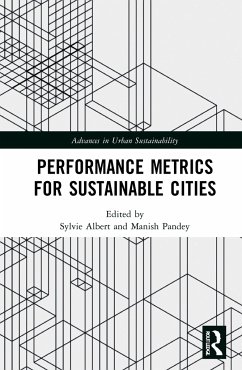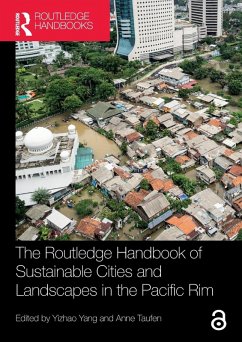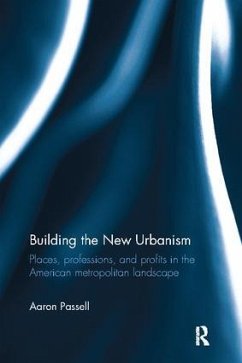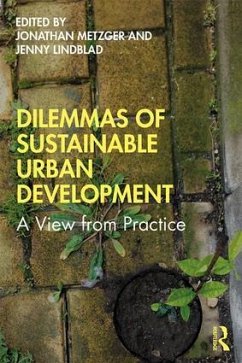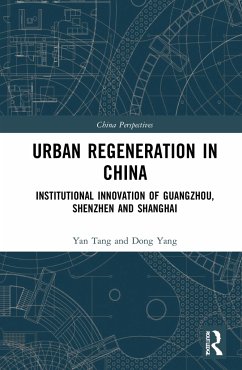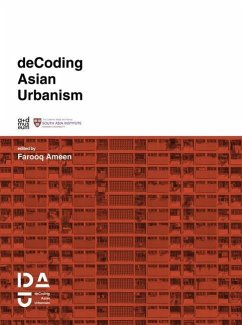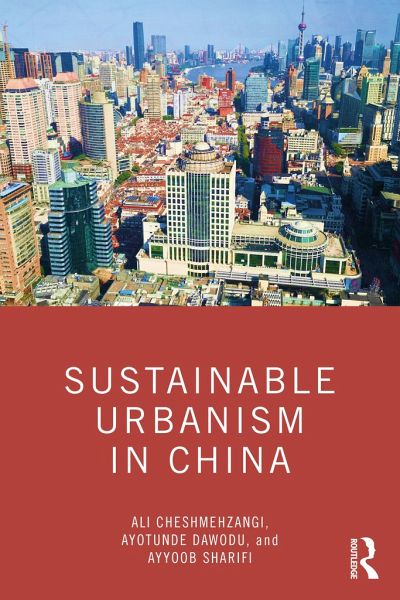
Sustainable Urbanism in China
Versandkostenfrei!
Versandfertig in 1-2 Wochen
52,99 €
inkl. MwSt.
Weitere Ausgaben:

PAYBACK Punkte
26 °P sammeln!
Sustainable Urbanism in China explores the notion of "Sustainable Urbanism" by considering the role sustainable neighborhood planning plays in the larger picture of sustainable urbanism and suggests innovations and best practices that are either developed or adopted by China. These are narrated as lessons learnt for other countries where we see similar trends of development patterns or emerging practices. Through various explorations of challenges, paradigms, and innovations of urban sustainability, this book highlights how planning, policy, and design are forming and reforming in the context ...
Sustainable Urbanism in China explores the notion of "Sustainable Urbanism" by considering the role sustainable neighborhood planning plays in the larger picture of sustainable urbanism and suggests innovations and best practices that are either developed or adopted by China. These are narrated as lessons learnt for other countries where we see similar trends of development patterns or emerging practices. Through various explorations of challenges, paradigms, and innovations of urban sustainability, this book highlights how planning, policy, and design are forming and reforming in the context of China. These are offered through a set of guidelines and pathways for urban sustainability at the scale of neighborhoods/communities or districts in a wider context of urban environments, as well as strategies for planners, developers, policy makers, and educators in the field of the built environment. Through a comprehensive overview of urban sustainability practices in China, this book investigates 12 case study projects. These comprehensive explorations should in turn help construct the future directions of China's sustainable urban development and provide innovative pathways of sustainable urbanism in China and around the globe.






